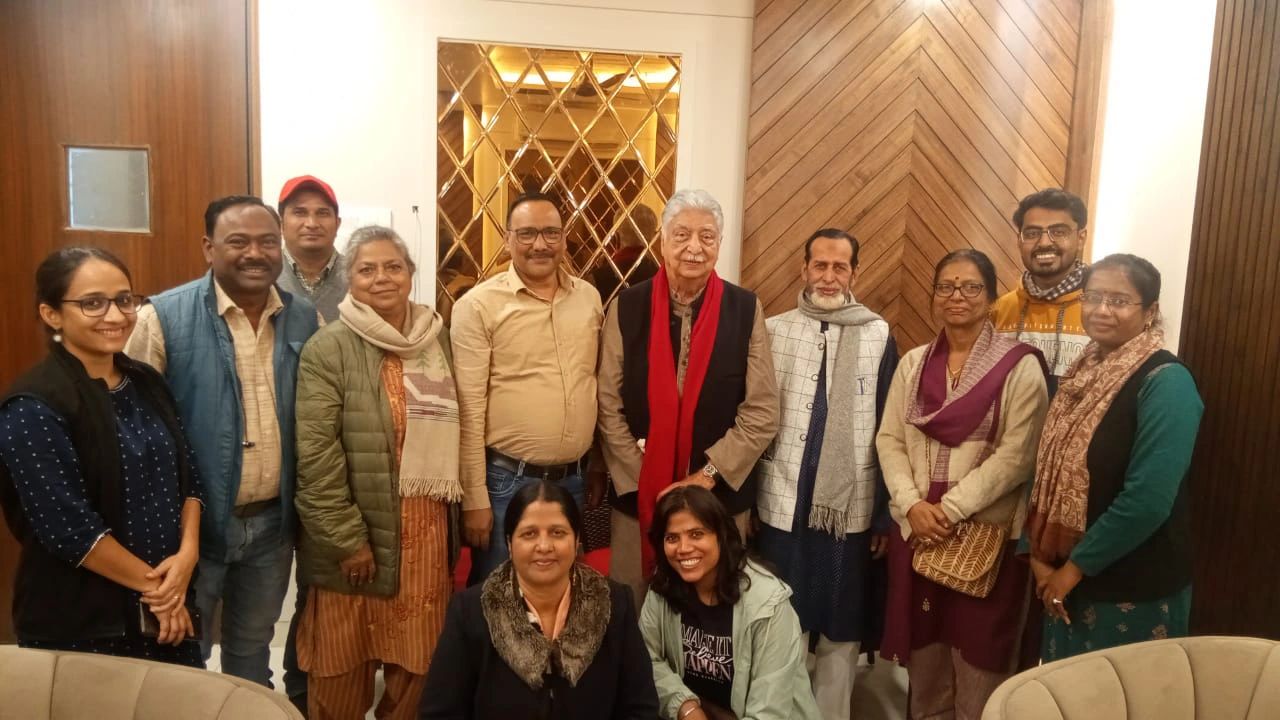
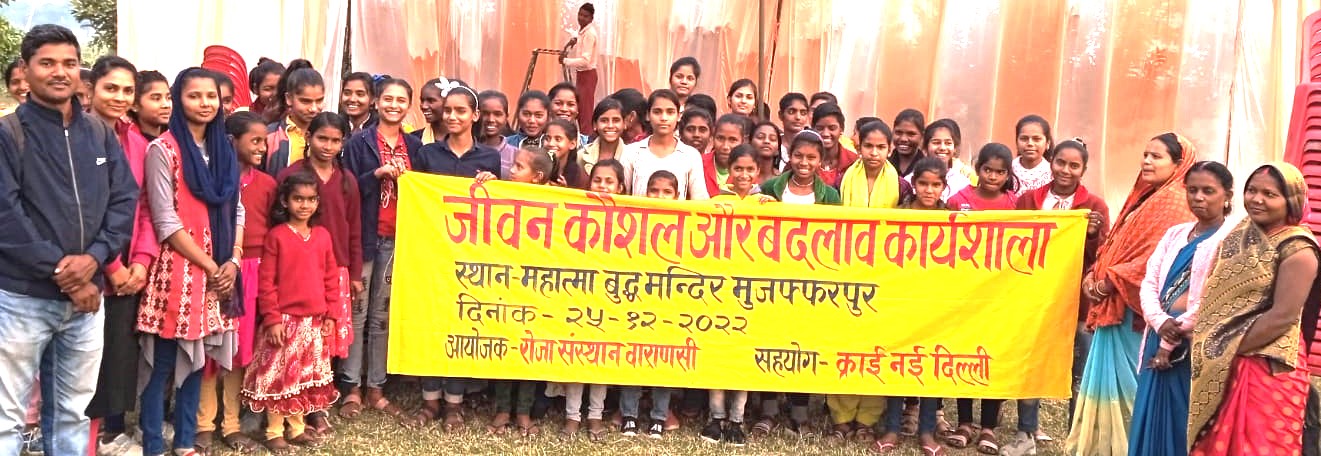
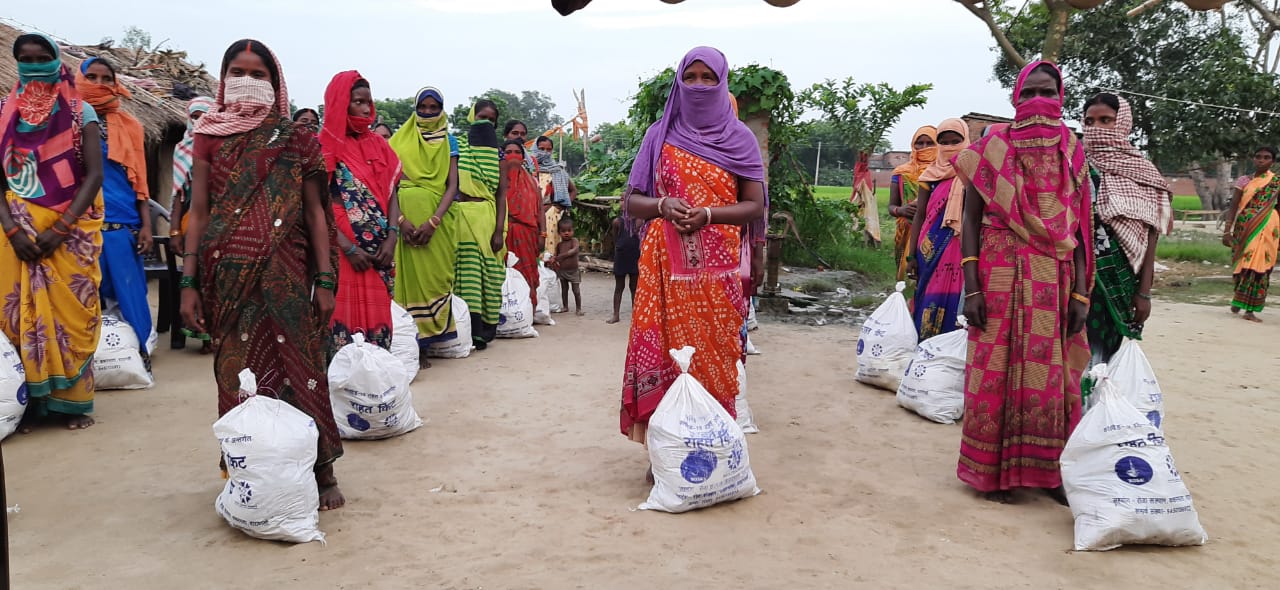
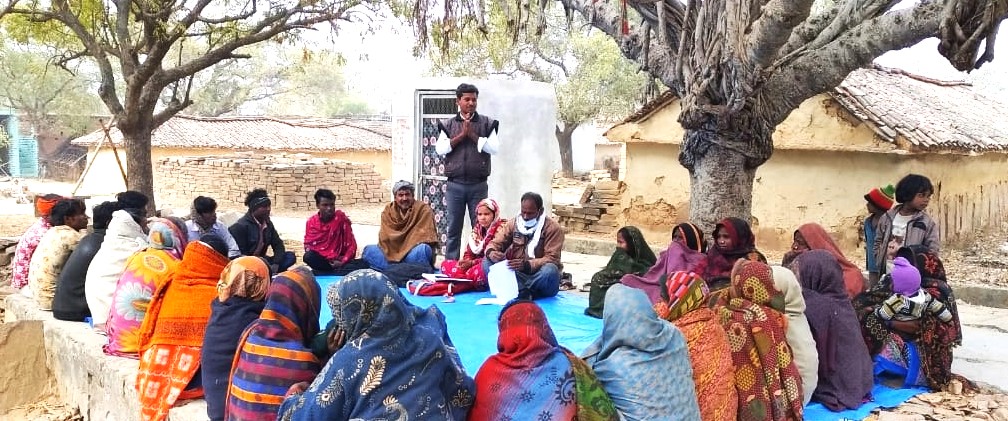
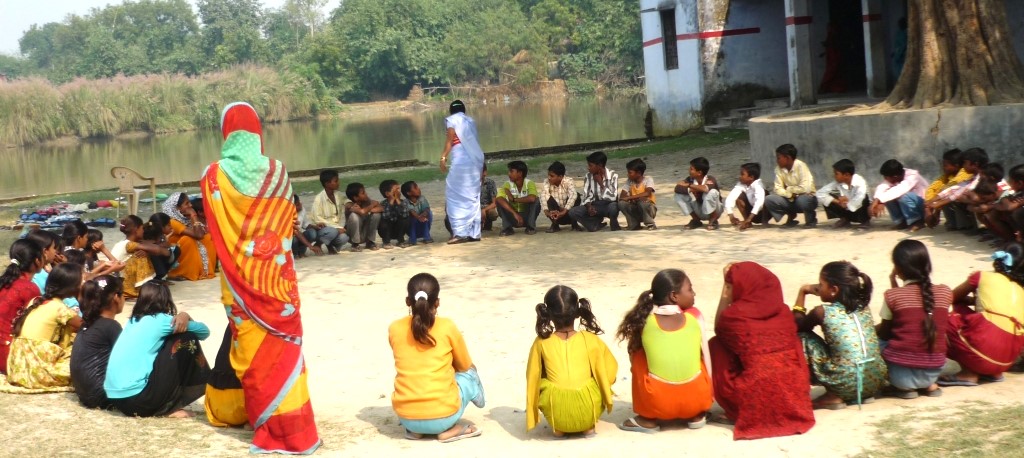
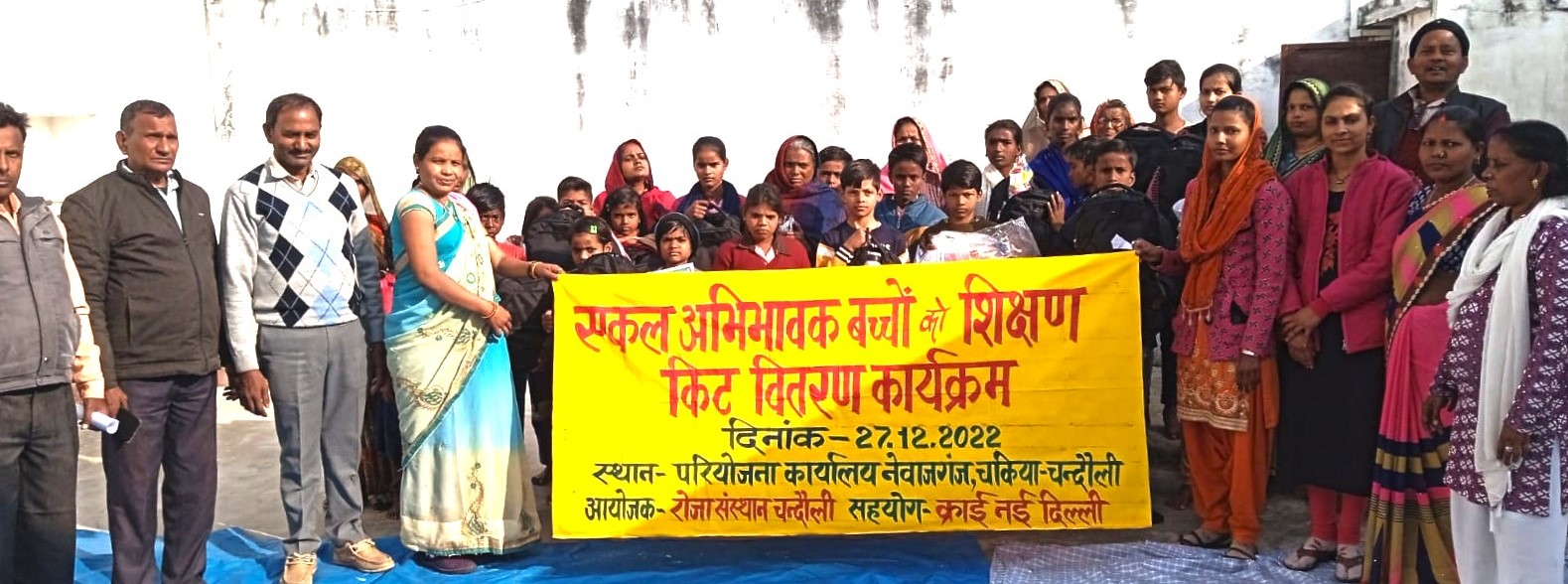
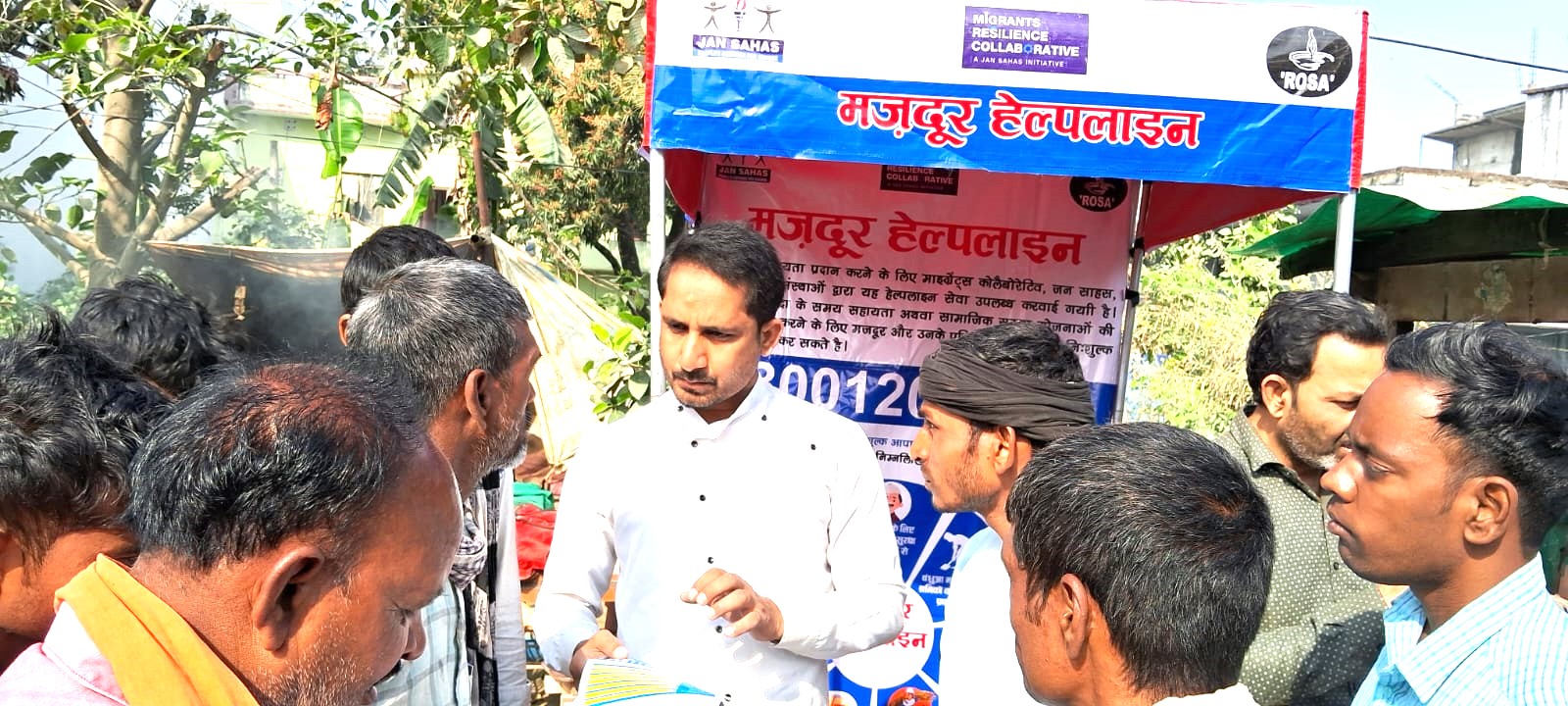
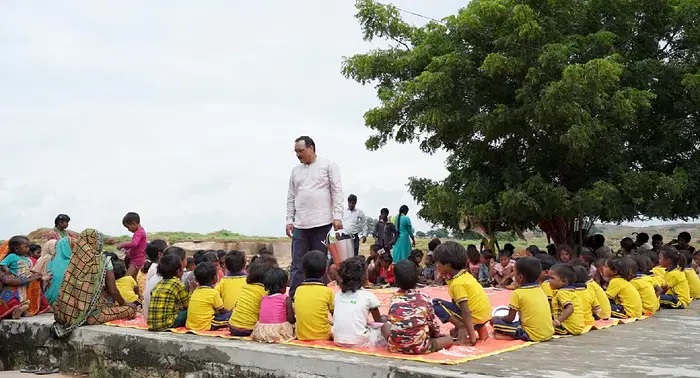
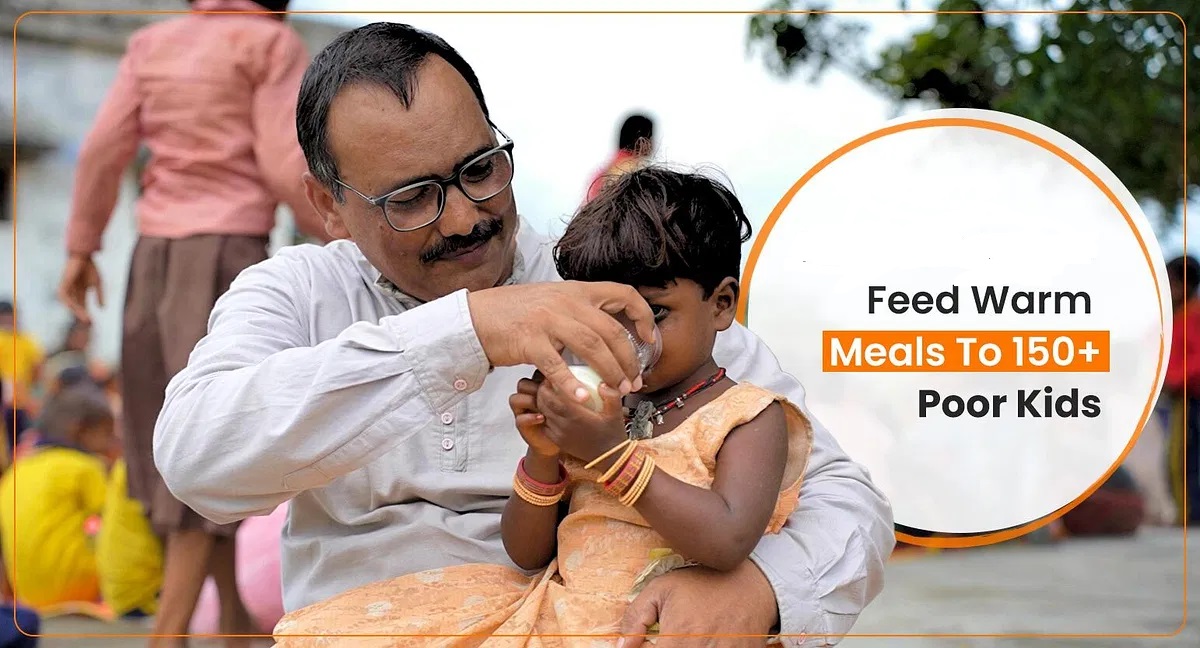

Rural Organisation for Social Advancement
COMMUNICATION POLICY - ROSA SANSTHAN
A. Introduction:
a. Policy Statement: ROSA as its name suggests committed for social advancement of all sections of society irrespective of religion, caste, creed, gender, region, disability, economic status etc. and would ensure, its verbal & non – verbal communications, protects the dignity of all, does not exhibit any form of discrimination, maintain confidentiality as and where it is required, are in line with laws & policies of the country, does not harm the national interest, are apolitical, does not pose any threat to the social fabric, integrity and harmony of the society, avoid double meaning messages, is not offensive to identity of social groups/individuals.
b. Need & Objective of Communication Policy at ROSA:
c. Principles & Values of Communication Policy of ROSA:
i. Equality & Non Discrimination
ii. Maintain Confidentiality
iii.Remain Non Political
iv.Maintain Dignity & Respect
v. Non conflict with law
B. Policy Guidelines:
a. Internal Communications
i. Program : Each member of ROSA is expected to follow the given guidelines:
b. Organizational:
B. External Communications (stakeholders)
Generic communication :
Guidelines for Communication with Media :
Guidelines for Social Media Communication:
Organisational Visibility & Branding:
Norms for Data Protection & Security:
Data Back up:
Use of Email ID :
Note: Kindly consider all the protocols of Child Protection Policy of ROSA as and where it is applicable.
COMMUNICATION STRATEGY:
| ORGANIZATIONAL COMMUNICATION | ||||||
|---|---|---|---|---|---|---|
| Why (Communication Objective) | Whom (Audience/Targeting) | What (Message/Ideas) | How (Tools & Activities/Channels) | When (Timeline) | Who (Responsible Person) | |
| Currently used | To be developed | |||||
| Enhancing organization’s visibility, Brand & Image Building | Society | Organization’s details: Background & Purpose of its Origin, philosophy, principles, values Vision, Mission, Issues focused, area of operation, contact details, legal identity.
Approach of work.
People associated with organisation.
Achievements & Stories of Change. | Website
Brochure
Posters/Banners related to various activities.
| Signboard/banners/flex
Facebook page of ROSA & other social media platforms
SMS | 2018-19 | Core team |
| Government | How programs are contributing to government’s mandate.
Sharing of available expertise/
Where and how we have collaborated with government & succeeded. | Share reports
Posters/Banners related to various activities in public spaces
One to one meetings | Media | 2018-19 | Core team | |
| Donor (potential) | Organization details + available policies & systems+ achievements & stories of change, manpower, network- partners, infrastructure/resources, financial transparency, | Website
Annual Reports
Case studies
Brochure | Organizational Social Media space
| 2018-19 | Core team | |
| Donor (ongoing) | Regular updates of progress of projects/programs.
Instant sharing of New achievement/success, failures, learning & challenges, stories of change.
Prompt updates of changes in organisation (structure, policies, personnel, legal)
Opportunities, new linkages created through program.
Recognition’s received. |
Telephone
Skype meets | Regularity need to be maintained.
Issue based reports. | 2018-19 | Core team | |
| Fundraising | Society/Donor - Individual national/international | Highlight evidence based issues which need attention & support/Building case for support.
Potential solution to address the issues.
Probability of Sustainability of measures.
Organisational details
How person (donor) will benefit by making the contribution.
How their contribution can bring a difference in life of those in need of support. | Website
| Social Media
SMS
Fact Sheets
Appeal Letters
Inviting people in events and making appeals.
| 2018-19 | Core team |
| Government | Getting registered with government portals/platforms
How programs are contributing to government’s mandate.
Sharing of available expertise/
Where and how we have collaborated with government & succeeded. | Sharing of reports | 2018-19 | Core team | ||
| Institutional Donor - National & International (Potential) | Organization’s details: Background & Purpose of its Origin, philosophy, principles, values Vision, Mission, Issues focused, area of operation, contact details, legal identity.
Approach of work.
People associated with organisation.
Achievements & Stories of Change.
Above + Highlight evidence based issues which need attention & support/Building case for support which matches with priority of donor. |
Sharing of annual reports
Website | Fact sheets
Info graphs | 2018-19 | Core team | |
| Corporate Donors | 2018-19 | Core team | ||||
| Institutional Donor (existing) | ||||||
| Support on issues | NGO/Civil Society Organisations/Network | Sharing of issues
Findings of studies/research
Sharing of technical expertise on issues | Participating in network/meets.
Copies of findings of studies & researches.
Presence in social media platforms of networks | 2018-19 | Core team | |
| Awareness | Society (program area) | Government programs/mandate
Campaigns of government
Social & Developmental Issues
| Wall writing Camps IEC material Participation in campaigns
| Online/digital mode of awareness promotion | 2018-19 | Core team |
| Programmatic Communication | |||||||
|---|---|---|---|---|---|---|---|
| Organisational Objective | Why (Communication Objective) | Whom (Audience/Targeting) | What (Message/Ideas) | How (Tools & Activities/Channels) | When (Timeline) | Who (Responsible Person) | |
| Currently used | To be developed | ||||||
| Modern slavery prevention - Want to create slavery free society | Increased awareness on Modern Slavery | Target Family & Community | Modern slavery - ‘what & how’ in line with Laws/guidelines on bondedness, how to overcome, where/whom to go, process, | Meetings, IEC Materials
| Messaging services.
Puppet show
Nukkad natak
Songs
| 2018-19 | Core team |
| Employers | Legal requirements to be fulfilled as an employer/Code of conduct for employers as per state government laws.
Registration of workers
Government schemes for workers
Examples from laws | Orientation sessions
| Collect & make Copies of Government orders, Code of conduct, Forms.
Develop powerpoint presentation
Whatsapp group of employers/SMSs to update them on latest amendments | 2018-19 | Core team | ||
| School children | Bondedness/Child Labour (what & how), how to be Safe from bondedness/child labour/abuse, Important helpline like 1098, | Demo call, Posters, VideoS | Slogans, Songs, | 2018-19 | Core team | ||
| Relevant Stakeholders from village | Indicators of Modern slavery, whom to connect, immediate role of service providers in prevention & rehabilitation as per rules | Pamphlets | Visuals/Video
Presentation
| 2018-19 | Core team | ||
| Relevant Stakeholders at District & higher level | Relevant laws - updates and amendments
Role of stakeholders
Coordination for cases | Presentations
Whatsapp group | 2018-19 | Core team | |||
| Enhanced knowhow & access to government schemes & provisions for prevention | Survivors | Government schemes as applicable (Central Sector Scheme, Social Security schemes), how to get them, whom to approach, eligibility criteria, formalities/documentation required, | Orientation sessions
Forms
Labour Adda | IEC from government departments | 2018-19 | Core team | |
| At risk families/groups | 2018-19 | Core team | |||||
| Service Providers | Government schemes as applicable (Central Sector Scheme, Social Security schemes), rights & duties. | Orientation sessions
| 2018-19 | Core team | |||
| Girls Empowerment | Create awareness on need for girls empowerment in society | Girl upto 18 years of age | Rights, dreams, self awareness, health & hygiene, employability entrepreneurship skills, career opportunities, | Module for Training & Exposure including Games & activities, debate, cultural activities, | IEC material
Career chart
| 2018-19 | Core team |
| Parents | Future, progress of girl children in skills, challenges faced by government, schemes & opportunities government, apprehensions/fears | Meetings counselling session | Movie/documentary on girl child collection | 2018-19 | Core team | ||
| Service Providers at Village/Panchayat | Schemes/provisions meant for girl children, hygiene/sanitary pads, | Meetings IEC | IEC related to provisions from block/district level for girl children, education and other need based aspects. | 2018-19 | Core team | ||
| Sustainable Livelihood | Enhance understanding & knowhow of people on available livelihood options, resources and opportunities for sustainable livelihood | Target Families | Stories of success & change of sustainable livelihood
Advantages, risks & challenges in doing livelihood activity
Interest, available opportunities of livelihood, feasibility & viability level of livelihood they propose, capacities to do the livelihood.
Support mechanisms | Video of stories of change
Collection of best stories of change & sharing with all team members
IEC on schemes related to livelihood. | 2018-19 | Core team | |
| Child Rights - Ensure children have access to right to life, development, protection & participation | Increased awareness on Child Rights
Increased advocacy efforts for ensuring child rights | 0-18 aged children | Rights of children, How lack of access affect them, Provisions meant for fulfilment of the rights, responsible service providers, available platforms to raise their concerns. | Meetings, sport activities, BCC camps, Champions, Children Group, Remedial Class, IEC, Trainings | Nukkad Natak,
Competition.
| 2018-19 | Core team |
| Families of children | do + laws against violation of child rights, issues of children, progress of children, initiatives on issues, responsibilities of parents in fulfilment of rights of children | Meeting using IEC materials, Home Visits & Counselling, CBO meetings & interactions, Camps, | Training module for developing change agents from parents.
Educate on Local Nutritious food | 2018-19 | Core team | ||
| Service Providers & stakeholders at local level | Rights of children, Provisions meant for fulfilment of the rights, responsibilities service providers in fulfilment of rights. | Meeting & Orientation
| 2018-19 | Core team | |||
| District level stakeholders (DCPU, DCPC, CWC, JJB and others) | Updations/Amendment related to Child rights national laws
Information on cases of child rights violation
Rescue & rehabilitation of children in need of care & protection.
| Orientation, WhatsApp group | 2018-19 | Core team | |||
| Health, Nutrition & Sanitation | Behavior change for proper health, nutrition and sanitation practices | Target Families | Identify gaps, Causes for health issues, available health services, role and responsibilities of service providers to address health issues, ill practices & its effect on health/nutrition, good/safe practices for proper health, nutrition & sanitation | Gap Analysis, Meetings
Demo
IEC (handmade) | Phamphlets,
Audio Video material collection | 2018-19 | Core team |
| Community at large | Do + | Audio Video material collection | 2018-19 | Core team | |||
| Adolescent Girls | provisions available from the government, safe personal hygiene, importance of nutrition, health issues during adolescence, life skills, good touch bad touch, importance of education, child marriage, | meetings | 2018-19 | Core team | |||
| Relevant Stakeholders at village level, block district | Service providers role and responsibilities, gaps emerged out of health/nutrition/santitation survey, new or amended schemes & provisions, information related to cases/issues/problems faced by people,
| Meeting & Orientation
Sharing of data/report of survey
IEC | Social Media campaigns | 2018-19 | Core team | ||
| Quality Education | Enhance awareness on quality education & prevent child labour | Children of target families | Importance of education, enrolment, Provisions of Right to Education Act - Corporal Punishment, Joyful learning, Mid day meal, inclusive education, child friendly environment infrastructure, role of School Management Committee, School Development plan | IEC material, meeting
Role play
Counseling | 2018-19 | Core team | |
| Target Families & community | do + | IEC material, meeting | 2018-19 | Core team | |||
| Stakeholder (Teachers & Principal, SMC, VEC) | RTE provisions, SMC roles & responsibilities, School Development plan, joyful learning methods, corporal punishment, inclusive education | Meetings
IEC Material (Manual)
| 2018-19 | Core team | |||
| Block & District level officials | Information on status of schools, survey data, challenges & gaps | Meetings
Media release/coverage | Social Media campaigns | 2018-19 | Core team | ||
Approved dated 08 July 2018